Blog

Open for Entries – Primers Volume 2: a Mentoring and Publication Scheme
The Poetry School and Nine Arches Press are delighted to announce the arrival of Primers Volume 2, the second year of an annual scheme which creates a unique opportunity for talented poets to find publication and receive a programme of supportive feedback, mentoring and promotion. The scheme will select three poets whose work will feature…
Read More
Call for Thank You Poems
The Poetry School is about to set our illustrator to work on some new print. We’re going to make thank you cards to send to partners, donors and collaborators who work with us. Our brochures are illustrated by Margaux Carpentier, and her images are always inspired by Poetry School students’ poems. Have you got, or…
Read More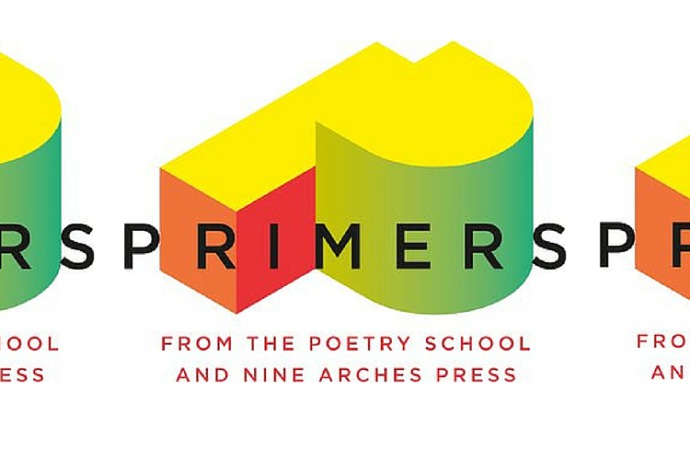
Primers Volume II Announcement
A bright yellow poetry book is doing the rounds, perhaps you’ve caught a flash. It’s Primers Volume 1, the fruit of a collaboration between the Poetry School and Nine Arches Press designed to identify, mentor and publish talented poets. Geraldine Clarkson, Maureen Cullen, Katie Griffiths and Lucy Ingram are the Primers Vol 1 writers, their…
Read More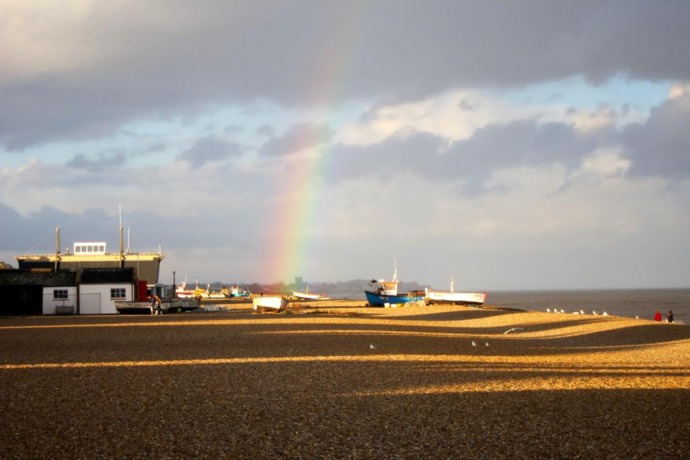
Poetry School / Poetry in Aldeburgh Paid Residency Opportunity!
Get your buckets and spades, bikinis and biros ready – here’s news of a paid poetry residency by the beach! The Poetry School and Poetry in Aldeburgh have a joint offer to make: an opportunity for a festival-focused poet in residence. While the Aldeburgh Poetry Festival organised by The Poetry Trust has a breather and…
Read More
The Bloodjet: An Interview with Katrina Naomi
An Interview with Katrina Naomi
“I think the main thing for me is if you’re going to write about violence, do it well. Let us smell it, taste it.”
Read More
Poetry School Summer Term Launch Reading
We’re launching all the new Summer courses and workshops, and celebrating the work of our students and tutors at our Summer Term Launch Reading, this Friday 22nd April. At this free event at the Tea House Theatre, Vauxhall, we’ll have two Summer Term tutors reading: Catherine Smith and R.A. Villanueva, plus we’ll hear the work of…
Read More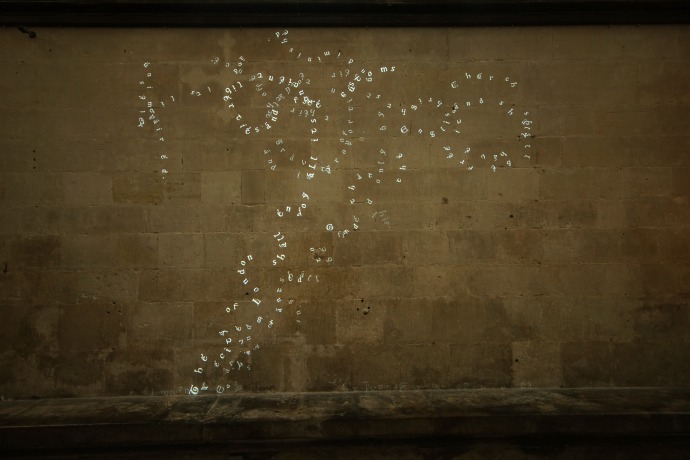
Poetry, freedom, censorship: 1215.today round-up
Hello. My name is Shey Hargreaves. I’m a writer and storyteller from East Anglia in the UK and for four weeks I’ll be blogging as Digital Poet in Residence for the Poetry School and 1215.today. (It’s the residency that’s digital, not me. I’m real. Really.) 1215.today is a ‘virtual house of culture’ built to host…
Read More
Retrospective: Looking back on ‘Hide and Seek in the Ideas Forest’ with Sophie Herxheimer
In this retrospective, we’ll be looking back at some of the poems and works of art created by students on Sophie Herxheimer’s recent Poetry School workshop, ‘Hide and Seek in the Ideas Forest: Poetry and Picture Making’, and having a chat with Sophie herself about the day. First up, the interview… Hi Sophie. In the workshop,…
Read MorePub Chats: if p then q
In the latest of our series of feature-length interviews with independent publishers, set in our imaginary poetry theatre pub somewhere in Lambeth, we spoke to James Davies of if p then q… Hello there, James! What are you drinking? James: I’ll have a Death in the Afternoon cheers. How long has if p then q been running? James: Eight good years. What…
Read More
Announcing our Summer 2016 Courses!
Short Courses Making Birds: New Poetic Forms with R.A. Villanueva – experiment, invent new forms, and encounter innovative poetry. Shape Up and Send with Rishi Dastidar – Get your poems fighting fit and send them out into the world. The Poet’s Book with Anna Robinson and Lavinia Singer – produce a handmade book containing your…
Read More
Re-Mixed Borders
Re-Mixed Borders Poet? Lover of flowers and / or vegetables? Want some poet-in-residence training? Read on, we have an opportunity for you! Last year, the Poetry School and London Parks and Gardens Trust teamed up for a poet-in-residence training scheme centred on London’s Gardens. We called the scheme ‘Mixed Borders’. Julia Bird from the Poetry…
Read More
Poetry & Visual Art Gallery Day: Itinerary
Poetry & Visual Art Gallery Day: Itinerary Poets have long drawn inspiration from painters and sculptors; with the rise of a new generation of artists challenging traditional media, can we find in them a source for poems that push boundaries in a similar manner? As part of Tamar Yoseloff’s Poetry and Visual Art course, students…
Read More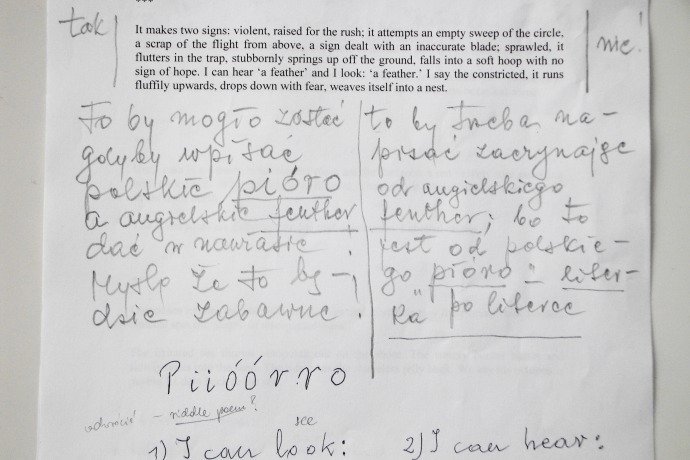
How I Translated It: ‘It makes two signs…’ by Krystyna Miłobędzka
Translating is attending to what might happen in language and what might occur between languages. As readers and writers we know this space intimately – the in-betweenness where we can experiment, hesitate, discover, doubt, try again. ‘“Try” – there’s so much faith in it, and so much resignation. But we keep trying. … Only such…
Read More
How I Translated It: ‘The mask of the angry one’ by Brecht
The translation of poetry, as well as being, famously, impossible, is, for the translator, the most wonderful and most punishing form of close reading. There is no limit to the aspects of the poem at hand to which the translator must desire to be attentive. Form in all its forms, meaning in all its meanings:…
Read More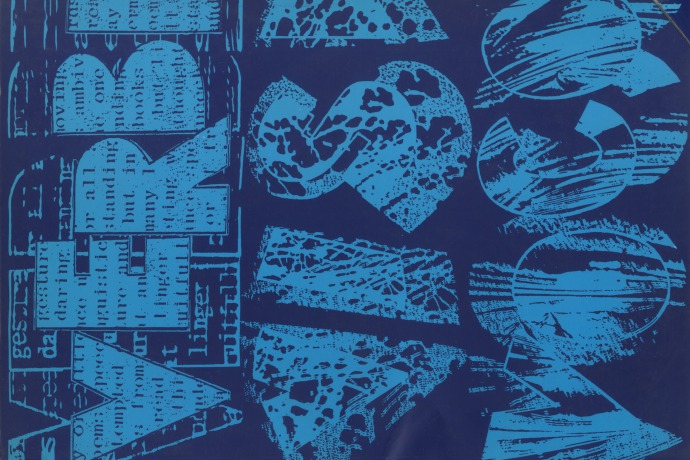
Woah, look at all this extra stuff!
There are lots of new additions and nifty enhancements to discover on this new version of poetryschool.com. Here’s a rundown of what’s new and why: 1) AUTOMATIC ENROLMENT Book onto any course or workshop – online or face to face – and immediately access your course group on CAMPUS Automatic enrolment means you can…
Read More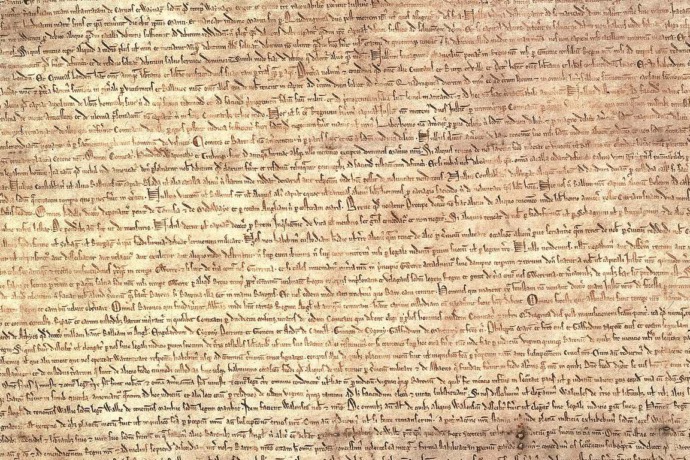
Digital Poet in Residence Opportunity
We’re pretty hot on the digital poetry residency at the Poetry School – CAMPUS has played host to nearly a dozen poets now, each of them bringing their own distinct take to what a writer with all the resources of the internet at the end of a mouse can do for an audience. We are…
Read More
Gastromancy – speaking from the gut
A lot can happen in five weeks. Just over the last seven days, I swallowed a gold filling, bought a sofa and organised party games for ten shrieking eight year-olds as Hebden’s flood sirens sounded. The centre of town has been underwater this weekend; thankfully, it emerged from the waves unscathed. I know lots of…
Read More
5 moments when poetry and pop music collided for the general benefit of us all!
So, as those of you joining my online listening group next term will discover, I reckon pop songs and other assorted detritus from rock ‘n’ roll culture are a great jumping off point for writing poems. Whether it’s the thump of a tom-tom, feedback whistling round your brain, even the sheen of an ill-advised leather…
Read MoreNot the T S Eliots 2015: our best poetry books of the year
So here it is, our reasonably eagerly-awaited end of year list, a miscellany of the most thumbed, borrowed and coffee-splotted poetry books and pamphlets lying around the Poetry School offices. In many ways, it’s been a remarkable year: Radio 4 whole day takeover of Andrew Marr’s epic radio documentary on British poetry; Daljit Nagra’s appointment…
Read More
This is my story not yours.
I love reading out poems – and this poem loves to be read out loud. But I hate showing unfinished poems. It feels like being partially dressed – and not in a good way. This poem is still under edit. But I wanted to post it as an introduction to this week’s topic: This is…
Read More
What Work Is
We stand in the rain in a long line waiting at Ford Highland Park. For work. You know what work is – if you’re old enough to read this you know what work is, although you may not do it. Philip Levine, ‘What Work Is’ The more I think about what work is, the more…
Read More
Paradise Lost: ‘An Express Elevator to Hell!’
Oh Milton, Milton, Milton: local boy born on Bread Street just off Cheapside; the ‘Lady of Christ’s’ College Cambridge; defender of regicide; pro-divorce pamphleteer; free-speech zealot; house guest of Galileo; blind visionary; dreamer of Paradise Lost, now buried alongside the Barbican’s fountains – how oft I think of thee. Forgive my windy oratory/Milton draws this…
Read More
“All I can do now is keep walking”: an interview with Choman Hardi
All this week we’ve debating on CAMPUS the issue of how to give voice to the silenced in poetry. The contributions so far have been fascinating, so please keep them coming! For the second act, I interviewed Choman Hardi, a hero of mine and whose poem ‘The Angry Survivor’ provided the centerpiece of this debate. The…
Read More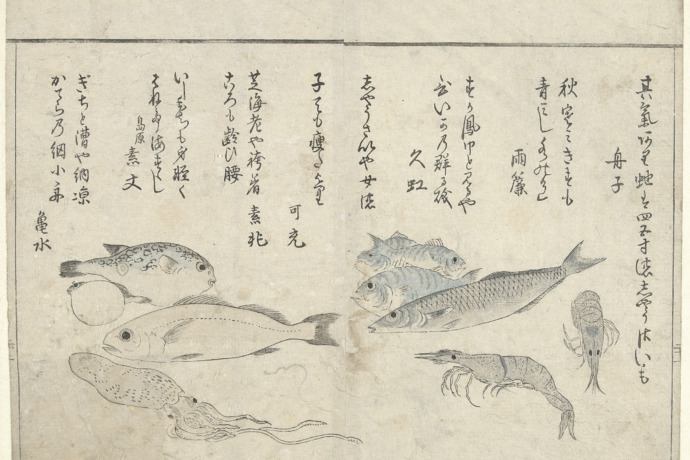
Follow the Brush: Making Zuihitsu Poetry
Zuihitsu? What is it? I’d never heard of this strange word before either until I first encountered the work of American poet, Kimiko Hahn, and in particular her mesmerizing collection The Narrow Road to the Interior (2006) in which she employs this ancient Japanese technique in the writing of some startlingly modern poetry. If you…
Read More
‘Hearing Voices: reading and responding to world poetry in translation’
Sometimes, as writers, if we tire of the view from the small patch of earth we inhabit, we look to cast our nets wider. The poem in translation is a wondrous thing – self-contained, tardis-like. On a chill, grey November day, what could be better than to be transported to a place where… ……
Read More